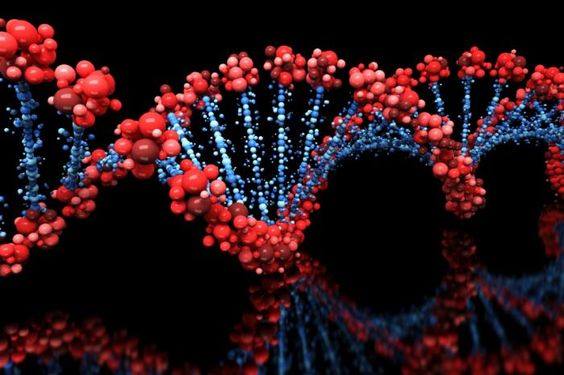ASEA associates are NOT scientists but have been using ASEA products and speak with people around the world. After an ASEA Gene study was conducted we thought this was a good time to share some information about genes and the science of genes.
Frequently Asked Questions About Genes
What are genes?
In our cells, genes are part of our DNA, a chemical information database that carries the complete set of instructions for the cell: the protein molecules it will make, lifespan, and function. Genes and DNA are the foundation of what makes us physically what we are.
What does it means to have a genetic predisposition to a disease?
A genetic predisposition is an increased likelihood of developing a particular disease based on a person’s genetic makeup. Some people with a genetic predisposition will never get the disease while others will.
Did you know that patterns of gene expression can be changed by a positive influence?
According to an article in Scientific American*, “In a 2014 study published in Epigenetics, scientists at the Karolinska Institute in Sweden asked 23 men and women to bicycle using only one leg for 45 minutes, four times a week over three months. In comparing muscle biopsies before and after the experiment, scientists found that, in the exercised muscle, new patterns had developed on genes associated with insulin response, inflammation, and energy metabolism.” from ScientificAmerican.com
What is Epigenetics?
Epigenetics is the study of biological mechanisms that will switch genes on and off. The epigenome is another “layer” of chemical compounds that have been “attached” to our DNA as a way to regulate the activity or expression of all the genes. DNA modifications that do not change the original DNA sequence can affect gene activity and are known as “epigenetic changes.” Epigenetic changes can help determine whether genes are turned on or off. Environmental influences, such as a person’s diet and exposure to pollutants, impact the epigenome. The epigenome can direct the activity involved in controlled or uncontrolled cell growth or immune response. Metabolic disorders and degenerative disorders have been found to be related to epigenetic errors.
What are Cell Signaling Pathways?
Cells use a large number of clearly defined signaling pathways to regulate their activity. Some are activated by external stimuli and some respond to information generated from within the cell, usually in the form of metabolic messengers. Cells often employ a number of these signaling pathways, and cross-talk between them is an important feature of this complex system of communication.
“This information helps to explain how and why our genes can express differently depending upon whether they come under positive or negative influences. ASEA has now been scientifically proven to be a positive influence that can change their expression for the better in a matter of weeks.” ~Radha Bonnie McChristy

